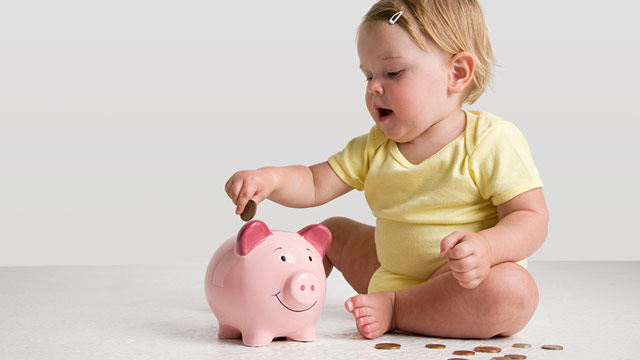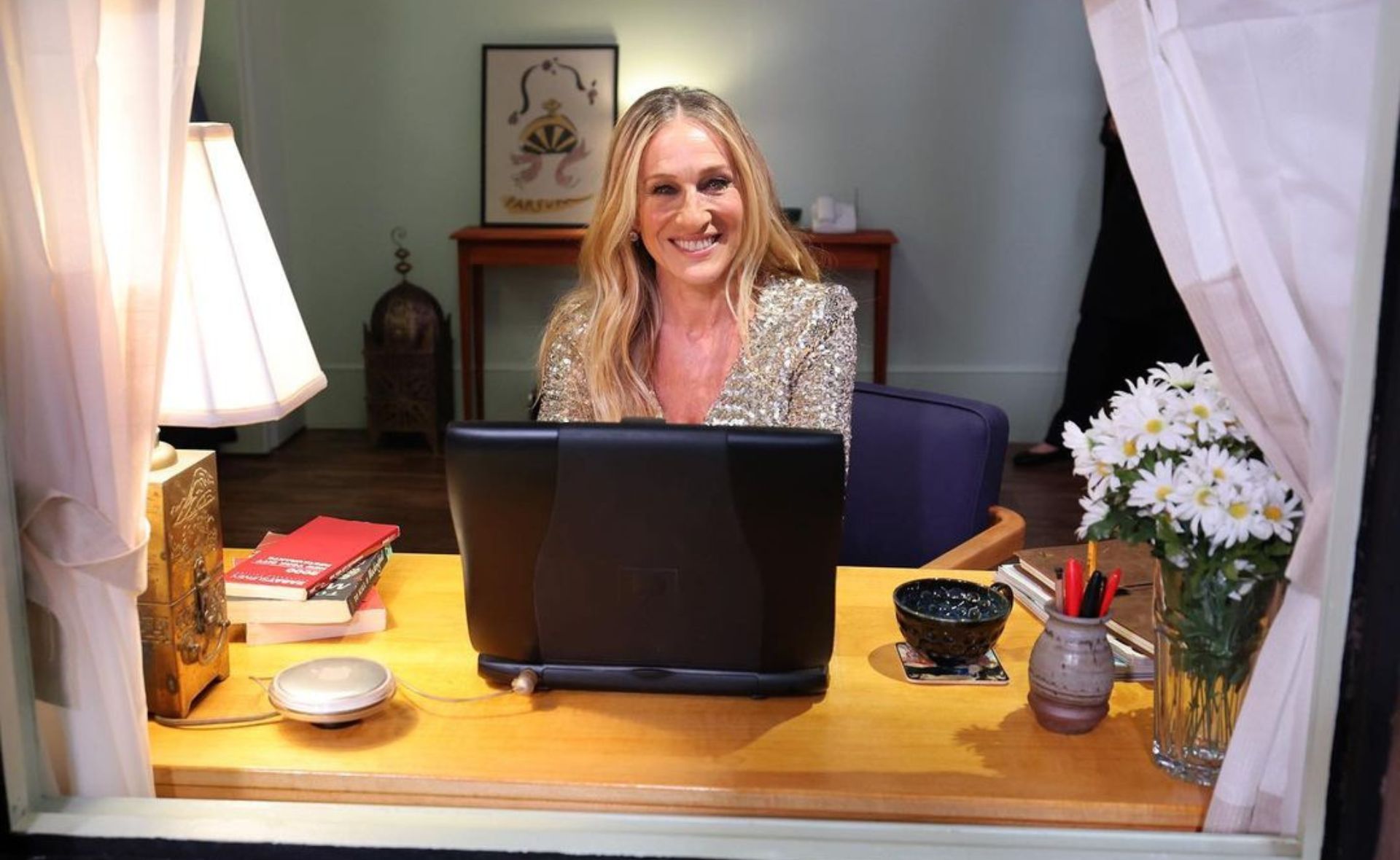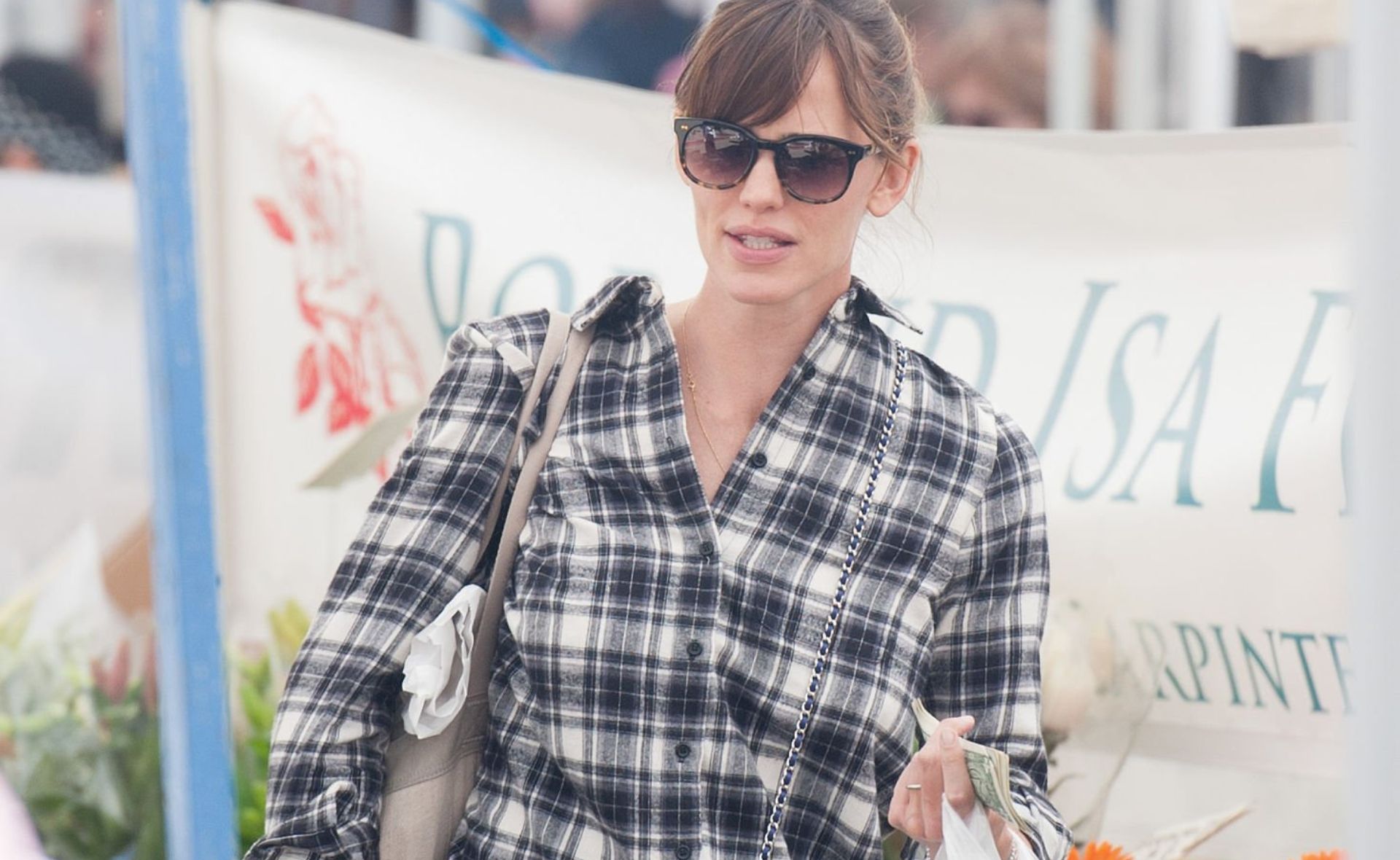A new arrival means a financial overhaul. Use these tips so bringing home baby doesn’t break the bank.
Your lifestyle will change once your baby arrives, so reassess your expenditures. Some items will naturally become a smaller part of your budget. For instance, you might not be going out as much with a little one at home, so your entertainment expenses should decrease. Also consider what other items might be trimmed – manicures, holidays or professional cleaning services, for example.
New parents love outfitting a nursery, but you can have a beautiful room for your baby without spending a lot. Visit consignment and thrift stores and eBay, and look for used furniture.
Also, ask around. People with older children often have baby gear they would happily give away, lend, or sell for a small amount. Most experts, however, suggest you buy safety products such as car seats brand new.
Once your baby starts on solids, you can save a bundle by making your own food.
All you need is a small food processor or blender. Simply buy fresh vegies, steam, puree, then freeze in ice-cube containers and thaw as needed. One large butternut pumpkin, for instance, can fill two ice-cube trays for a fraction of the cost of bought baby food.
Nappies cost a lot. If you plan to use disposables, start saving coupons and frequenting sales. Buy in bulk to save even more money. You might also consider cloth nappies, which cost more upfront but save money in the long run.
Although new baby gadgets are tempting, start with the basics. A baby needs a placeto sleep, clothes, nappies, a car carrier, and nourishment. Wait to see what your baby’s temperament is like before you buy swings, seats and the like. And when you do want to buy an item for your baby, do some research.
Read reviews to find highly rated products, then search online and in stores for the best deals.
See more of Cath Armstrong’s money saving tips at her website, www.cheapskates.com.au




